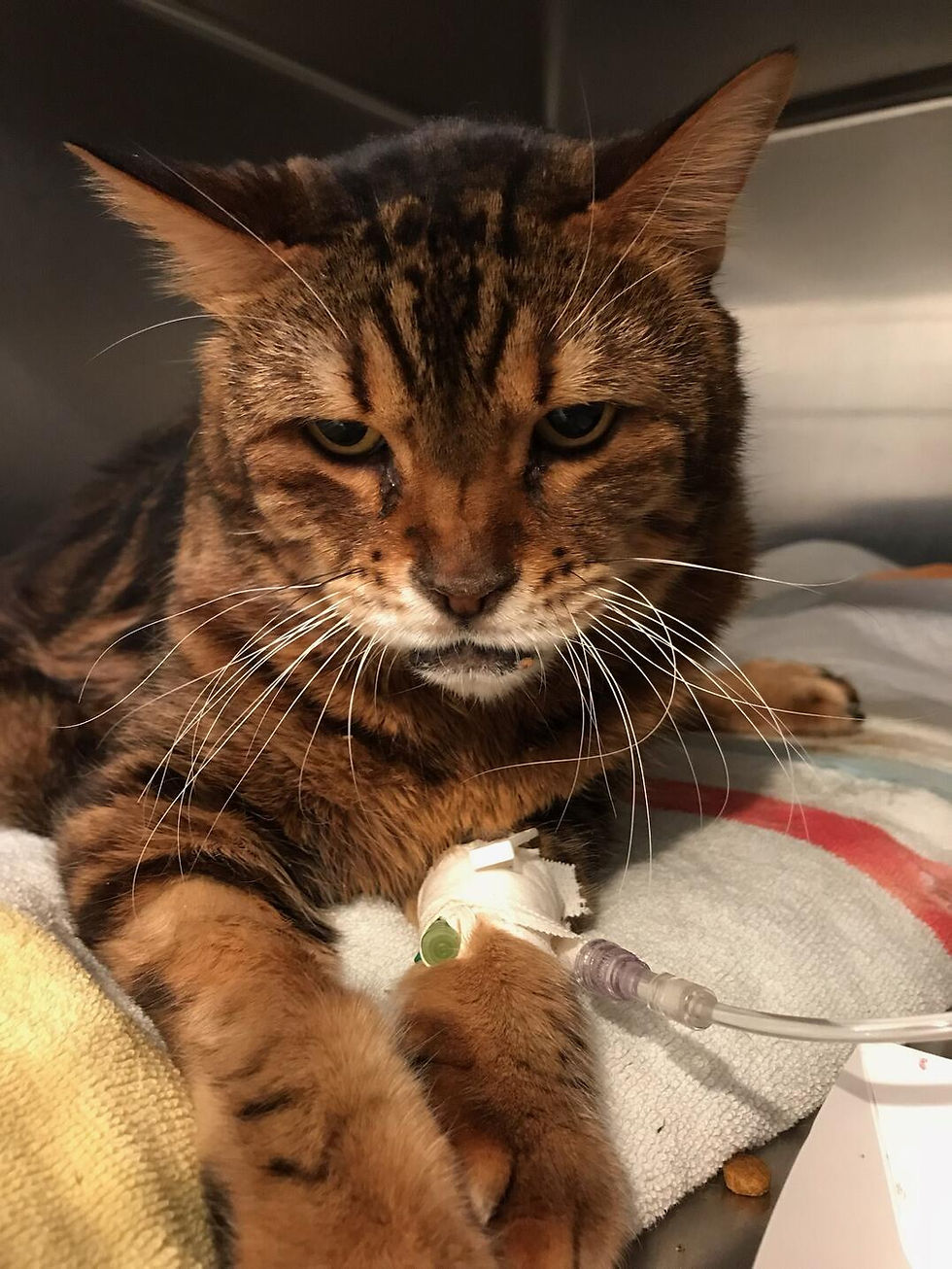Preventing Animal Suffering: Legislative Changes for Pets
- Stephanie Spears
- Aug 18
- 4 min read
Updated: Aug 25
Every year, millions of pets suffer due to neglect, abuse, and inadequate care. As pet owners, we have a responsibility to ensure the well-being of our furry friends. Fortunately, legislative changes are being made to protect pets and prevent animal suffering. This blog post will explore recent developments in animal welfare laws, the importance of these changes, and how they can make a difference in the lives of pets everywhere.
Understanding Animal Welfare Legislation
Animal welfare legislation refers to laws and regulations designed to protect animals from harm and ensure their well-being. These laws can cover a wide range of issues, including:
Cruelty prevention: Laws that prohibit abuse and neglect.
Breeding regulations: Rules that govern how pets are bred and sold.
Shelter standards: Requirements for the care and housing of animals in shelters.
In recent years, many countries and states have made significant strides in improving animal welfare laws. These changes aim to create a safer environment for pets and hold owners accountable for their actions.
Recent Legislative Changes
1. Stricter Penalties for Animal Cruelty
One of the most significant changes in animal welfare legislation is the introduction of stricter penalties for animal cruelty. Many states have increased fines and prison sentences for those found guilty of abusing or neglecting animals. For example, in California, a new law allows judges to impose harsher sentences on repeat offenders.
These tougher penalties serve as a deterrent to potential abusers. They send a clear message that animal cruelty will not be tolerated. As a result, we can expect to see a decline in cases of abuse and neglect.
2. Banning Puppy Mills
Puppy mills are commercial breeding facilities that prioritize profit over the well-being of animals. These facilities often keep dogs in overcrowded and unsanitary conditions, leading to health issues and suffering.
In response to public outcry, several states have enacted laws to ban puppy mills. For instance, in New York, a law was passed that prohibits the sale of dogs from puppy mills in pet stores. This change encourages adoption from shelters and responsible breeding practices.
3. Improved Shelter Standards
Animal shelters play a crucial role in protecting pets. However, many shelters struggle with overcrowding and inadequate resources. Recent legislative changes have focused on improving shelter standards to ensure that animals receive proper care.
For example, some states now require shelters to provide adequate space, food, and medical care for all animals. These regulations help create a more humane environment for pets in need.
The Importance of Advocacy
While legislative changes are essential, they are only part of the solution. Advocacy plays a crucial role in promoting animal welfare. Here are some ways you can get involved:
Support local animal shelters: Volunteer your time or donate supplies to help shelters provide better care for animals.
Educate others: Share information about animal welfare laws and the importance of responsible pet ownership.
Contact your representatives: Advocate for stronger animal welfare laws by reaching out to your local representatives. Let them know that you care about preventing animal suffering.
The Role of Pet Owners
As pet owners, we have a responsibility to ensure the well-being of our animals. Here are some practical tips for responsible pet ownership:
Provide proper care: Ensure your pet has a balanced diet, regular exercise, and routine veterinary check-ups.
Spay or neuter your pet: This helps control the pet population and reduces the number of animals in shelters.
Adopt, don’t shop: Consider adopting a pet from a shelter instead of purchasing from a breeder or pet store. This helps give a home to an animal in need.
The Future of Animal Welfare
The future of animal welfare looks promising. With ongoing advocacy and legislative changes, we can create a safer environment for pets. However, it is essential to remain vigilant and continue pushing for improvements.
As more people become aware of animal welfare issues, we can expect to see further changes in legislation. This includes more comprehensive laws that address issues such as:
Animal testing: Advocating for alternatives to animal testing in research and cosmetics.
Wildlife protection: Supporting laws that protect wildlife from habitat destruction and poaching.
A Collective Responsibility
Preventing animal suffering is a collective responsibility. It requires the efforts of lawmakers, advocates, and pet owners alike. By working together, we can create a world where all animals are treated with kindness and respect.
Final Thoughts
As we reflect on the importance of legislative changes for pets, it is clear that progress is being made. Stricter penalties for animal cruelty, bans on puppy mills, and improved shelter standards are just a few examples of how we can protect our furry friends.
By staying informed and advocating for animal welfare, we can ensure that these changes continue. Together, we can make a difference in the lives of pets everywhere. Let us commit to being responsible pet owners and advocates for those who cannot speak for themselves.




Comments